Here’s what I hope to be a new feature on SPR: book excerpts. If you’re interested, follow these instructions to post an excerpt. The novel can be purchased here.
This is the introduction to the novel. People either love this book, or they’re mystified – which is to be expected, as I was going for some level of mystification. Some have criticized that I should get to the action sooner. Some haven’t. The point for me is to get inside the narrator’s head and to set up the scope of the story.
Eugene Myers is working on a novel about the end of the world. Meanwhile, he discovers his daughter doing porn online and his marriage is coming to an end. When he begins dreaming about people who turn out to be real, he wonders if his novel is real as well. Which isn’t good news: the radical and demented President Winchell is bent on bringing about worldwide destruction. Eugene Myers may just be the one to stop the apocalypse.
In the tradition of Philip K. Dick and Robert Anton Wilson, The American Book of the Dead explores the nature of reality and the human race’s potential to either disintegrate or evolve.
Introduction: Eugene Myers
The year was 2020. Except as I write this the year is 2008. Let’s just say it’s written in hindsight. 20/20 hindsight. Believe me, you’ll forgive me a bad pun by the end of the book. I live in a time when violence is a religion, God is dead, and humor is something grandfathers used before the war. Fitzgerald claimed irony was dead in The Beautiful and Damned. If by dead, he meant reborn, he would have been more accurate, because the true age of irony didn’t die for another ninety years. Somehow Fitzgerald was wrong about many things: no second acts in American lives? America was about to begin the biggest second act in the cosmos.
So I am sitting at a desk in Los Angeles in 2008, a young man with a new family trying to make ends meet. I am also a man of fifty, a teacher, waiting out the apocalypse. I am also a man of indeterminate age feeling sagely and satisfied. There are three people writing this book at once. A triumvirate of past, present, and future. A trinity even, but evoking the Bible is both boring and overblown. I haven’t earned your trust yet.
Is this book merely the product of a young man’s overreaching imagination or is he onto something? He is a deeply flawed version of myself—this is saying a lot because I am also deeply flawed. He is just beginning, as a man, as a writer. He is starting the novel with the idea that he might, finally, justify his life. The novel will take him years to complete and only parts of it are accurate. Which is where I come in. I take this flawed young man’s rough draft and revise the shit out of it, a complicated form of self-criticism. He has no idea it’s happening because I am like a ghost. I am both a product of his imagination and a mentor. Nobody ever said inspiration could be defined.
So if the young man in 2008 is writing this book and you—his elder—are helping him, he’s not a prophet at all. Really, he’s getting Cliffs Notes from the future. True and false. First, he had to bother to ask. He had to know which answers to look for. I am proud of him; he’s closer to me than a son. I could not write the book for him. In short, it’s a two-way street.
I forget that you don’t know what I’m talking about. There’s so much to cover, there’s almost no place to begin. Simply, War World III happened. Great, another World War III novel. Not true, WWIII really did happen and this book comes from the future, across space and time, things now mastered, only because World War III happened and those who were left inherited not just the earth, but space.
And by the way, please don’t classify this book as science fiction. File it under history, or a memoir of the future. Fiction, fine. But not science fiction. For you purists, this is not a cop-out, I am all for science fiction. But if it is considered science fiction, it will be considered a lie, speculative, which it isn’t. If it is seen as fiction, it might be seen as closer to life. In the end it is not prophecy, because prophecy is a prediction of something before it occurs, and this is something that has already happened. I am less a seer than a witness.
Maybe I should start at the beginning. 2001. September 11th. It was why I started this book in the first place. I was sitting on the couch with a cup of coffee, watching the early morning news. I had spent the morning walking the dog around the neighborhood—I bought myself an egg sandwich and an orange juice, someone eagerly handed me an election flyer: I felt like I belonged to the timeless city. I was waiting on the couch to pick up my then-girlfriend who was arriving on the 9:00 train from Florida. I had forced her to leave because I thought I needed the space to write a novel. I wept like I never had before when she left for the plane. I know now it was a kind of mourning for our unborn daughter. Proof that maybe I do have some premonition in me. I wrote a hundred or so pages, all the while hard-up and lonely and begged her back. She was living with an ex-boyfriend who had become a cult member, a follower of the Falun Gong movement. I write these details because they don’t seem real exactly. Rarely does my life seem interesting enough for fiction. Perhaps on that day everybody had an equal story to tell.
Sitting on the couch, drinking coffee, wondering about the day to come. Out of the corner of my eye a low-flying wavering plane, as if struggling.
Now, this was a daydream I’d had before. Often sitting in my 3rd floor apartment with its rare view of the NYC sky, a sliver of the Empire State Building, I would fantasize that a plane was flying too low. God, it’s going to crash, I would think, maybe even with a slightly drunken sense of hope—at least, then, my delusions would have some proof. Once I even heard an explosion, surprised to hear the next day that nothing happened. I knew every trajectory of planes in the sky. I hated planes. So when a plane was flying south as low as the buildings, I knew this was wrong. Something was about to be realized.
I didn’t run to the window. I didn’t want to see it crash. A BOOM. Oh no, I said out loud, something people did in movies, and felt slightly awkward, like I was trying to prove grief. I went to the window. The World Trade Center was out the window to the left, twin overseers of my neighborhood. Imposing, thoughtful, indifferent, romantic: New York City buildings. They always seemed like a fiction, a white smoky haze about them as if superimposed against the blue screen of the sky. They were just too tall.
A black smoking hole in building, jagged and fragmented, as surreal as the buildings themselves. Many people must be dying in there. I went out on the fire escape to watch. Felt guilty, like an audience, came back inside. Got my camera, took one picture, which I still haven’t developed. Checked the news. Still interviewing somebody about a book. Another boom, a cloud of fire, and an excited shout of “Whoa” from the Chinatown onlookers. They were shocked but entertained—not despicably, I suppose. Life is boring, uniform, redundant, and this was something different. It was even magical, in the sense of seeming both fake and uncommonly alive.
I had to leave for the train station. I wasn’t going to risk the subway. I hailed a cab and rode uptown with a smiling Pakistani man who spoke with an embarrassed, maybe grateful smile that this was likely an act of terrorism.
I tell this, as if it needs rationalizing, because it informed the rest of my life. Immediately, it influenced my life with my girlfriend. The following month we conceived a child, then married on Halloween—which when the marriage is faltering loses all its irony and seems like a terrible mistake. To live a mild life and then to be thrust into war, to understand in however small a way what people throughout history must have felt, gave me the kind of empathy that might only come once and can’t be repeated. Also I was part of something that was the beginning of the end of the world.
Throughout my life I often felt like I was living in a shell of the better past. The sixties, the Beat Generation, the Lost Generation, punk rock—I was too young for all those things, and so the past seemed to loom over my life like a successful older brother. It’s a stupid, lonely, one-sided battle to be in competition with the past. Finally, on September 11th, I felt part of the consequential present—a present that my heroes may have labored through. Men who had gone to war and lived to write about it. The irony was that I would eventually live through the worst war of all. And so all that time I spent lamenting the valuelessness of the present was wasted time, even if I was right. It turns out that my love of the past was a kind of premonition—I was idealizing the past because somehow I knew the future was going to be fucked up beyond recognition.
The worst part of Sept. 11 for me—beyond the tragedy, the loss of life, but I’ll admit I am too self-centered to be permanently empathetic—was the fact of seeing a nightmare actually come to life. A writer’s job is to believe in made-up stories as if they were true. If it wasn’t so, there would be no energy to write. But this was something I’d imagined actually coming to life. A plane hitting a building, the aftermath, fire. And if I tried with all my soul to believe in something I was writing, I was still protected by objectivity—the knowledge that I am God of my world, and I can change it as I please; nothing is permanent. The God of our lives was doing as he pleased that day. From that day forth I had the disturbing sense that some illusions might be real.
After September 11, Stephanie and I fled New York. This might seem like cowardice, and I confess to it. But I always found New York a dangerous place: both dangerously self-affirming and self-destructive. Either way, capable of snapping. Add to that the threat of daily suicide attacks and it was enough reason to leave. A walk through Soho wasn’t worth it. It was hardly worth it before the attacks.
We moved to Willamette, South Carolina on a whim. I always wanted to be a Southern writer and live in small-town South. I quickly learned the obvious—that to be a Southern writer you have to be Southern. My naiveté can be amazing. The same could be said about my time in New York. I lived in New York for ten years trying to recreate the will of past writers, not realizing that we were living at the beginning of the future and not the continuation of the past.
Stephanie quickly got pregnant, in October, a September 11th baby (called the Doomers, not the Boomers). Out of this environment—a new baby, a failed writer—I started writing a novel. The book outlined everything that was terrifying me at the time. My dreams were filled with images of the end of the world. Dozens of planes crashing to the ground a night. Explosions, broken buildings, people in rags fleeing and banding together. In one of these dreams I heard names—survivors, I told myself in the dream. I woke up and thought, “There’s a book in this.”
Here’s where it gets confusing. I hear derisive laughter. “Metafiction on steroids,” it was called. Long story short, it’s the book you’re reading. So where’s the confusion? The book was about a writer in his fifties working on a book. In the future the book has yet to be written, even if it was written in the past. Complicated, but it solved one issue: the older writer is not aware of the book that has already been published because in his world the book has not been written. But wait—I hear people say—you’ve been talking as if the war has already occurred and the novel has yet to be conceived. Here’s my answer: time doesn’t exist. All of these different stories are happening at once. Makes enough sense to me, not to a number of detractors, including a fair number of publishers who rejected it, saying it was “awkward” or “it doesn’t work.” Consider this a preemptive strike because at that time I was very sick of not getting published.
Which should bring us to where I was when I first conceived the novel. My daughter couldn’t live on hope for much longer. She was just born, on the day John Coltrane died, among other things. My wife was working—supporting us—as a legal secretary. I lived by the blanketing delusion that hope was as good as money. My wife disagreed, rightly. We fought daily, nightly, about money, our doubt as parents, we woke the baby, made her cry, made us cry; there was crying. Terrible times and the punchline is that my wife was working for a divorce lawyer.
The lawyer’s name was Geoff Smith, a fat, deep-Southern man. Mean and gracious at once, as if Truman Capote wasn’t gay. No real point in describing him, just giving you a glimpse…
So I struggled at home taking care of the beautiful 11-month-old girl, Sophia Margaret. Most of all wanting to be a full-time writer—one who had once believed that he was being overseen by writers from the past, a great harem of dead writers, saying, he’s our man. Extra-sensory pretension, but that is what young writers must feed on or else wither in the doubts thrust on young, sensitive men—the feeling, sometimes, that every cell on earth is female. So I stayed home with the baby, taking care of her as best I could. Which isn’t to throw into the mix that I was a bad father. I was a good father. I could fly into brief rages when she wouldn’t leave me alone. Normal human anger, right? Or the hypersensitivity of a future genius? I was still clinging to self-aggrandizement—what other defense did I have. Why do I mention this? Because out of this environment came this novel, and out of the novel came Other Things.
Let me get to the plot of the novel I was proposing. A writer uncovers the secrets of the UFO conspiracy, secret societies, and life after death, all of which lead to World War III spearheaded by a fundamentalist Christian president. In short, everything that eventually happens.
All in all I was not such a good man to be around. Everywhere I saw both the potential for God and the potential for apocalypse. I believed UFOs were everywhere. I believed in the imminence of war. I believed that humanity was primitive, ignorant, past saving. The book was causing my marriage to fail—a form of personal apocalypse. I didn’t know which came first, my dissolving marriage or my obsession in the dissolving world.
Everything wasn’t dire. The book was coming easily, usually a good sign. I felt like I might be onto something. It turns out I was channeling these ideas. In the hierarchy of inspiration, channeling is somewhere below divine inspiration and somewhere above blind luck.
Before this becomes unintelligible, I’ll cut ahead. The Myers family (my name is Eugene Myers) was living outside Los Angeles. I was teaching a college creative writing course. I’d written enough by this point that I got a job teaching a course in autobiographical fiction (irony!) Not a great school, and the position didn’t pay much, but it was a job. Still trying to write, still plugging away. At 25, struggling as a writer was romantic, at 50, irresponsible. My life at the time should be some proof that my young self wasn’t embellishing. If he was being dishonest, he would have made me a success. But I cannot deny who I am: a moderately successful writer who can barely pay his bills on a professor’s salary and is still trying to write that one novel that will allow him to die satisfied.
What can I tell you about the world today? The death of art is a good way to talk about the death of the world. When I was in my twenties, the 19th century was just one century away, lingering like a god behind us, a giant monkey on our backs—Dostoevsky, the Brontës, Flaubert, a modern Bible. The 20th century was much less imposing. For all the war, technological breakthrough, etc. the century ended in an artistic fizzle. Regrettably, the 21st began with the same fizzle, which never ended. It turns out that fizzle was the sound of a wick burning out before the great dynamic explosion of war. People had stopped trying, as if they had been struck with some tragic premonition. It’s all going to die, why bother? A kind of rational apathy that is only undepressing in hindsight. Instead of a great economic depression leading up to a war, there was a great artistic depression, which is almost to the world’s credit—that art had any impact at all. The past masters seemed clued into a greater light, but with God dying there were fewer clues. And it turns out that the lack of good art is as bad a thing as poverty. It fucks with the basic ether.
They say that every generation romanticizes the one that came before it, unrealistically. But for us it really was the last decade. The world really did suck more than it ever had. You cannot imagine the alienation one feels when witnessing the world fall apart. Longing for the times of McDonald’s and bad movies, to bring back those you hate, is a complicated mental process, especially for a born misanthrope. Misanthropy was supposed to fade with age, wasn’t it? Only if the world improved with age as well, which it didn’t. Misanthropy wasn’t just a product of envy, condescension, vanity, and immaturity, but survival. While we lived in a world of rational apathy, we also lived in a world of rational cynicism, even a rational desire for the apocalypse. Armageddon was a form of ambition, an antidote. Play Arvo Pärt’s Tabula Rasa and you’ll see what I mean.
I have to admit, during those years leading up to the Big One there was something electric in the air. Impending doom can be exciting. Actual doom is something else. Like the difference between drug addiction and drug withdrawal.
I didn’t know we were close to the end. I was still thinking about Dickens and Dostoevsky, Mozart and Beethoven, Lennon/McCartney, as if past achievements would somehow save us. They were proof, weren’t they, that the human race was worth saving? They were proof like DNA evidence is proof—irrefutable, perhaps, but invisible.
The point of this prelude is to give some backstory. I never hoped for any of this to come true, no matter how much I thought humanity deserved it. One question I hear out there—if this is so important, why spend the time to write a book? Shouldn’t you send it to the president? You must be asking that facetiously. I think you know that most people won’t believe me. Some will, though, and I hope to find some of you by sending this out into the world.
It does seem trivial to use a literary medium to describe the end of the world, like using a billboard to tell the news. What can I say, I’m a writer so I chose my medium. I am also making the vain attempt to sum up the end of the world, as if my far-sighted eyes are the window in. I guess I’ve just summed up the limitless ego of the writer. Even in the face of genocide, he tries to make a case for the beautiful uniqueness of his life. But what choice did I have in the face of the Great Oppression—the death of God, science, love and hate—except to believe in myself.
The American Book of the Dead is available on Amazon here
You can learn more about Henry Baum’s writing and TABOTD here
Get an Editorial Review | Get Amazon Sales & Reviews | Get Edited | Publish Your Book | Enter the SPR Book Awards | Other Marketing Services







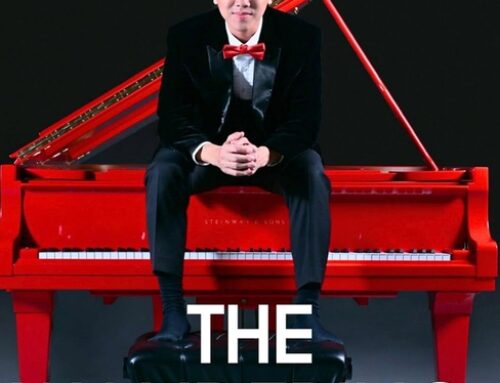
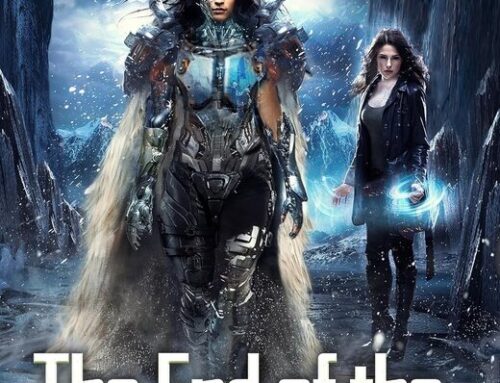
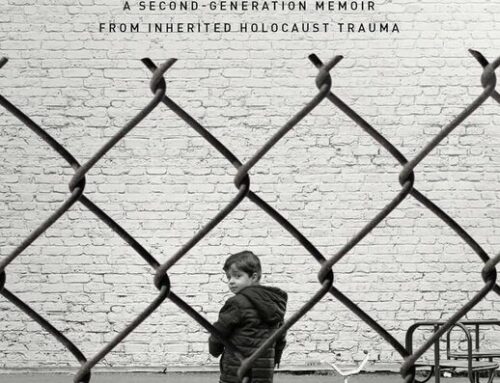
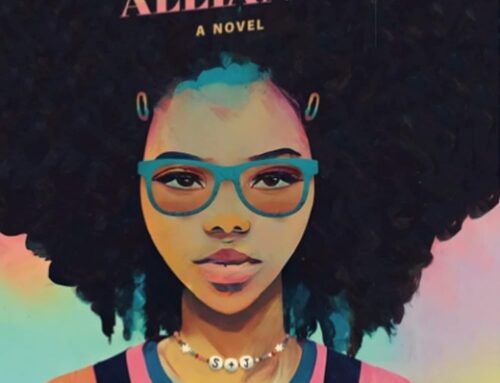
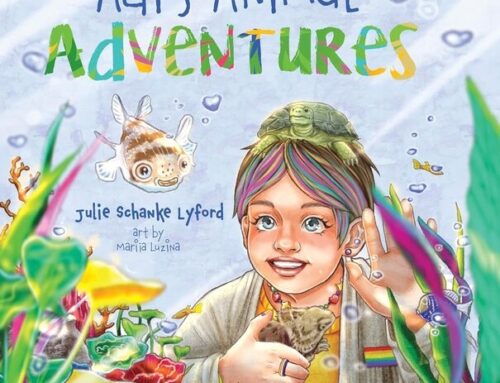
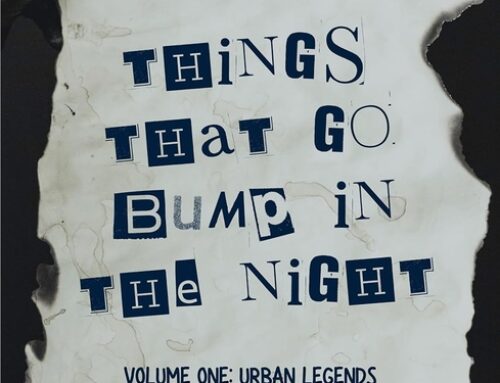
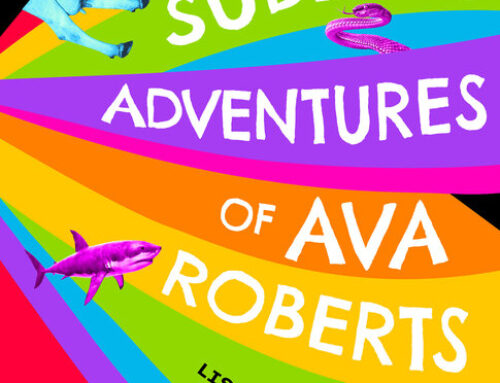
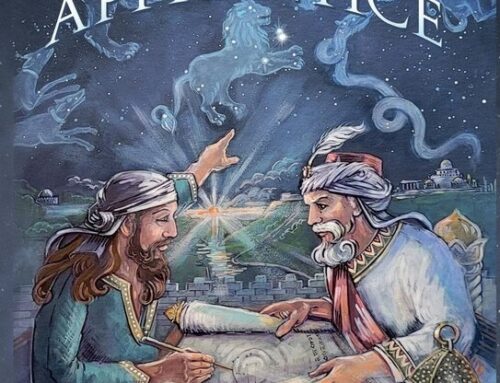
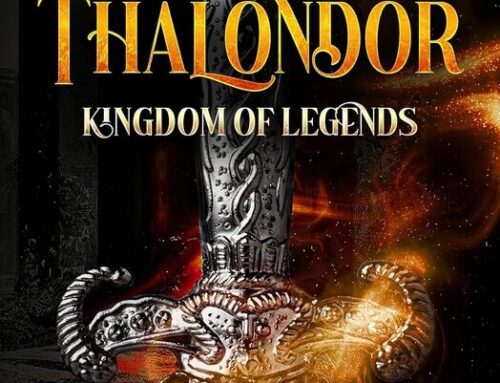
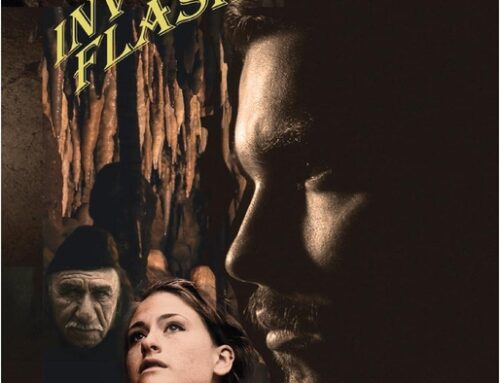
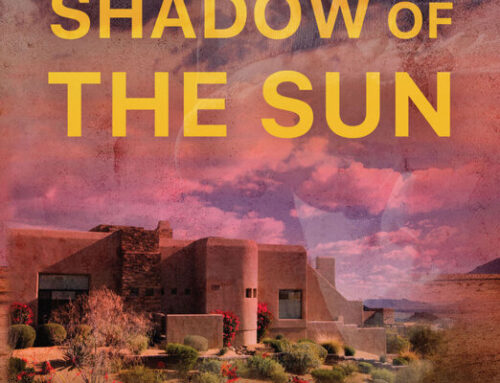
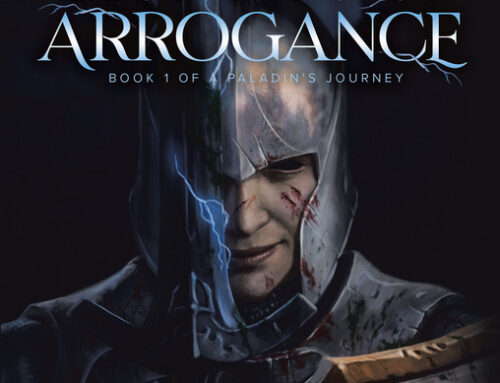
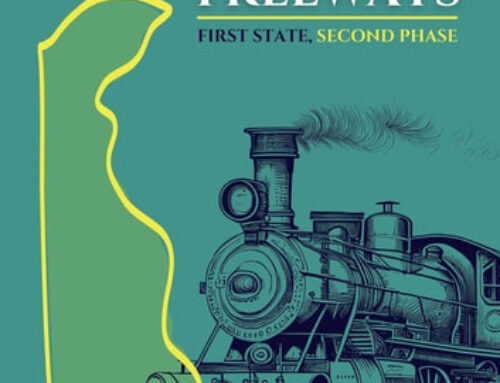
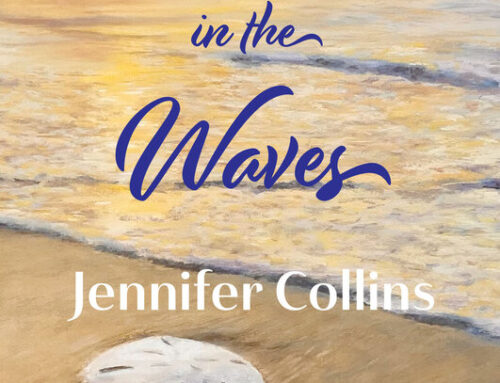
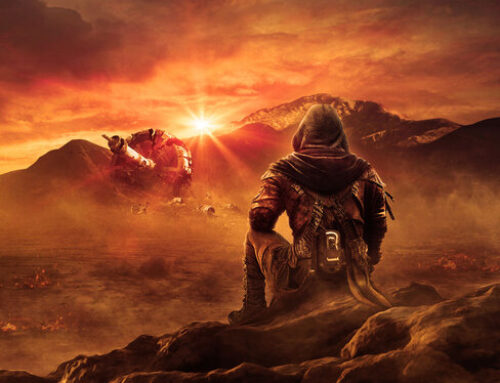
Leave A Comment